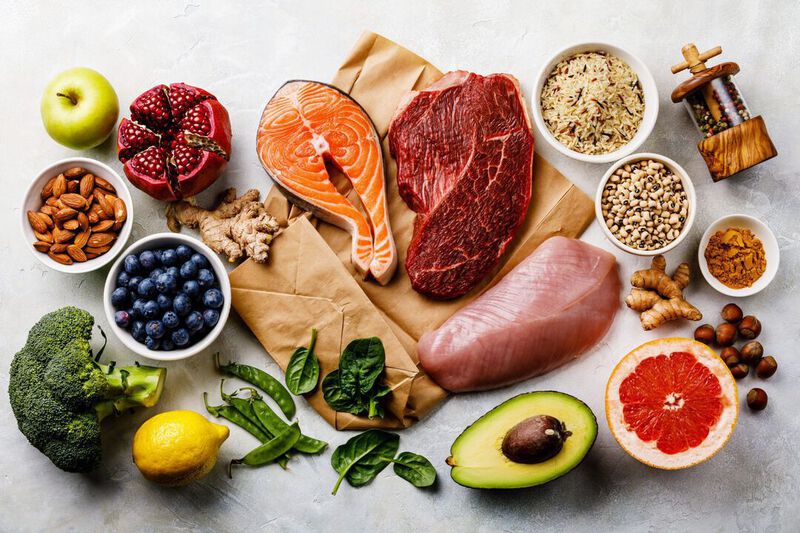Why Organic Food Sales are Booming Right Now and What’s in it for Food Retailers

The current environment has accelerated not just the adoption of technology in food retail stores, but also with the increase in consumer purchases of organic food. Organic labels have already seen an upward trend in 2019 with sales topped at $50 billion. Right now, it seems like several factors including health, sustainability, and the pandemic have pushed it even further.
According to the 2020 Organic Industry Survey by Organic Trade Association (OTA), people are more conscious of eating more organic food and consuming organic products today more than ever. This holds true as Nielsen’s data reports organic food and drinks sales increased 25% for the 17-week period ended June 27. Among the organic food products, meat, seafood, and frozen foods with organic labels have seen a significant surge in sales from last year.
Why Organic Foods are Booming?
Safety and Cleanliness
Organic labels are the obvious choice for consumers that seek to feed their families with clean and safe food in the midst of the Coronavirus outbreak. The health crisis has been one of the pivotal factors that accelerated the increased sales of organic labels and this trend will likely continue even post-pandemic as families constantly seek healthier alternatives. Consumers buy organic foods to avoid pesticides and other chemicals and to stay away from genetically modified organisms (GMOs). To add to that, consumers want clean food that promotes sustainability and prefer stores that offer transparency in the supply chain – people want to know where their food comes from.
Health and Wellness
Even pre-Coronavirus, consumers were already choosing healthier alternatives and “better-for-you” items to purchase and consume. The organic labels are perceived to be of higher quality and add up to the overall well-being of consumers. The pandemic, however, has reinforced consumers’ focus on health and wellness and has driven shoppers to the natural marketplace. One downside, though, when it comes to consumers obsessively wanting to purchase organic labels, is that some consumers presume that anything “organic” is nutritious and healthy, thus having a “health halo” effect.
The demand for organic labels has presented food retailers opportunities for growth both in-store and online. Food retailers could shift their focus on tying organic labels on their e-commerce platforms and strategies to cater to the widening shopping preferences of consumers. This sustained increase in demand for organic labels will establish avenues for food retailers to strengthen their in-store strategies such as investing in quality equipment for merchandising and rethinking ways on how to build loyalty and support more of their new and existing customers.
Organic labels will likely continue to outperform conventional food products even beyond 2020. As long as consumers continue to be wary of what they put in their bodies and what they feed to their families, the trend and opportunities for organic labels in the industry will always be upwards.